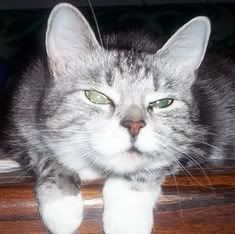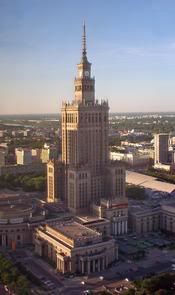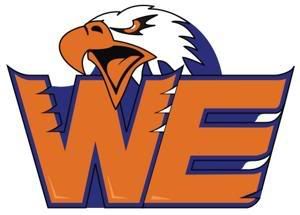Fans are least of NHL's problems
Mitch Albom:
Now that we know there'll be a hockey season, I have one question: Who's NOT going to go see it?
Red Wings fans will go. Are you kidding? Do you think the average octopus-thrower gives a hoot if there's a salary cap?
Avalanche fans will go. Do you think the guy in Denver with the Avs flag flapping from his window cares about arbitration?
And Canadians will go. Let's be honest. Is there a choice?
Come on. Be real. Hockey is back. Hockey fans are happy. That's as basic as saying the dog's bowl is full so his tail is wagging. All this talk that fans will reject the NHL upon its return, that they're angry, vengeful, that they've learned to live without it, I'm sorry, I'm not buying it. Sports is entertainment. It makes people happy. And for the most part, to quote singer Sheryl Crow, if it makes you happy, then why the hell are you so sad?
Fans aren't. They will come.
But understand what happened in the last 301 days. Hockey, as an entity, as a business, went backward. It did what most struggling businesses do in this cut-throat global marketplace: It cut costs.
And in so doing, it shrunk.
No pity contracts allowed
So today, even though no one is ready to discuss the details, here are a few certainties about the "new" NHL: You won't see it on national TV very often. You won't be cheering for new, expensive free agents. And you likely won't see ticket prices coming down.
The owners can spin it all they want, but they had an unhealthy sport on their hands, so they cut off a leg to kill the gangrene, and they hope, in time, they'll be able to move around again.
What does it mean for the Red Wings? A lot. The Wings, in many ways, were the heart of the problem. Not because Mike Ilitch had issues with money. But because he didn't have issues with money. Most teams couldn't keep up with Ilitch's spending, and when they tried, they didn't have the same success. They also couldn't keep up with his revenues (hey, we do love our red-and-white merchandise, don't we?), so their coffers were not as full, hence, not as much dough to buy a Derian Hatcher or two $8-million goalies.
All that changes now. The playing field will be largely leveled. More expensive Wings will leave than, say, will moderately priced Nashville Predators. A perfect example? Nicklas Lidstrom. Detroit's defensive heart earns $10 million a year. Under the expected new rules, that would be more than 20% of the salary cap, so his pay would have to be cut by several million just to keep him. (Which may happen anyhow, since a 24% across-the-board cut is reportedly part of the deal.)
Either way, if you had four more players like Lidstrom, that's your entire payroll. The whole thing. Five players! Last I looked, you can't field a team with five players. Unless you skip the goalie.
So stars will have to go. And at the top of the Wings' question mark list is the biggest star of all, Steve Yzerman. Almost nobody in Detroit would argue allowing the Captain his own farewell timetable. Most would say, "Pay him for his years of service." But as with any cost-cutting business these days, sentimentality -- along with the office Christmas party -- is the first thing to go.
"I know this," Yzerman's good friend, Darren Pang of ESPN, told me Wednesday, "Steve won't take a pity contract. ... He knows young players like Pavel Datsyuk and Henrik Zetterberg are the team's future. ...
"It's been a wonderful book but sometimes I feel like the final page has been turned."
More like rewritten.
Paying the price to play
Now, in some ways, you can't fault owners for demanding these changes. Who wants a league that loses money? On the other hand, it was the owners' greed that created much of the problem. They did a good job of shifting the blame to the players, who have been losing leverage like a snowman in the sun. Amazingly, in certain parts of Canada, it's the players who get verbally abused for being "greedy" or "unappreciative."
It was a lockout, not a strike, right?
"Hockey players are the most humble bunch of athletes out there," Pang said. "Maybe they took some things for granted before. But they've given back a lot just to get back on the ice."
And back they will be. Come October, we'll see a cheaper version of what we left behind. Old fans will come back; new ones won't.
If these past 301 days proved anything, it's that hockey remains a regional sport that calls itself national and is losing an international sports war. In Detroit, it's happy days.
Then again, we were never the problem.














1 Comments:
The Detroit NewsThe loss of NHL hockey cost Detroit's economy $2.2 million a game -- or more than $80 million for the season's 41 home games -- financial experts said. That's not counting the prospects of playoffs, which would have added millions of dollars in apparel and spinoff merchandise sales to the Detroit Red Wings' coffers.
Post a Comment
< Main